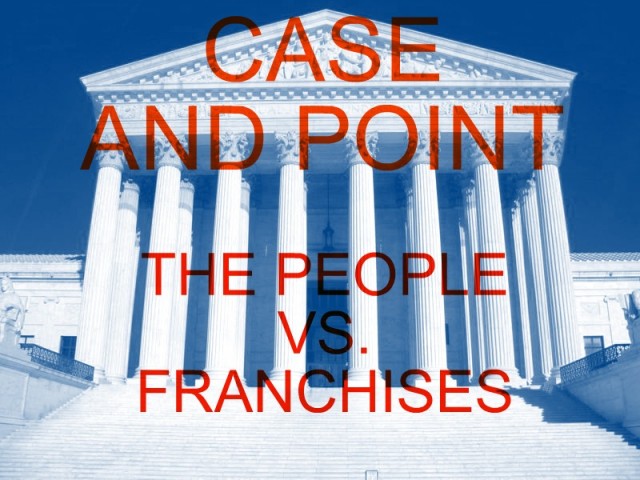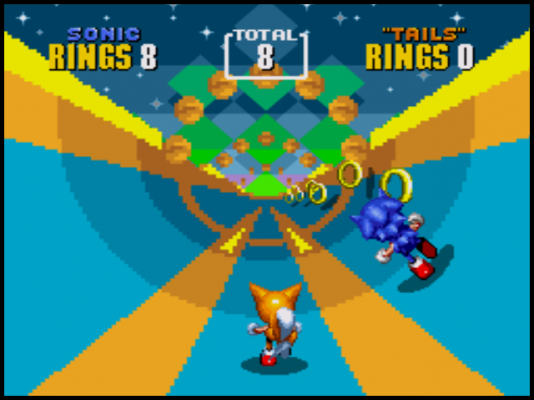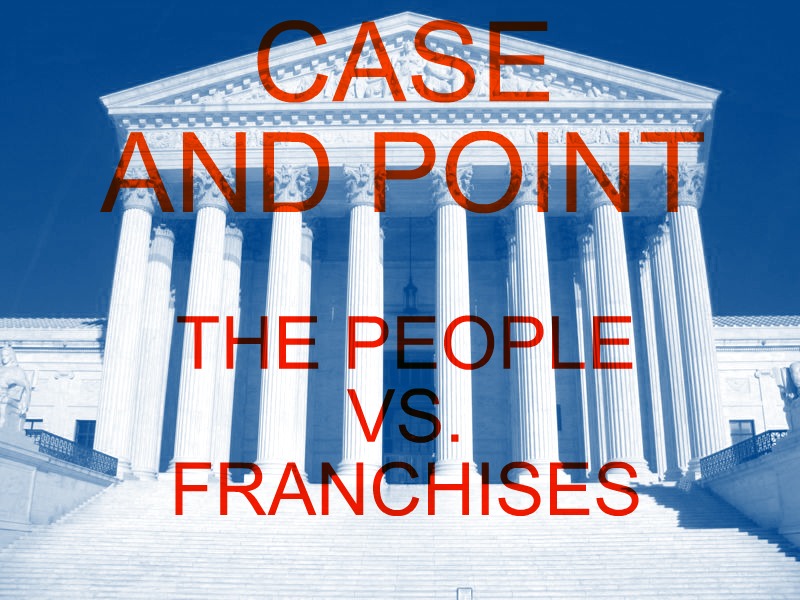
Contributed By: Jordan Mallory
Freelance Gaming Journalist
http://omnomnews.blogspot.com
@Scatterheart_
Did you hear the news? There’s a new pandemic out there: Sequelitus. It moves silently from developer to developer, infecting and changing creative minds into profit-hungry, gear-driven husks of marketability and annual releases. This disease is more contagious than bird flu, swine flu, and SARS combined, and it’s ruining our beloved gaming industry.
Or, so they say. But I’m not so sure.
There’s nothing inherently wrong with the idea of continuing a story beyond its initial presentation, or with telling a new story in an established setting. It’s only been recently, with the advent of annual release schedules, that people have started taking offense to the idea of established franchises. How many Mario games did you have for your NES? Exactly.
We actually owe a lot to sequels, when you think about it. If not for Sonic 2, we wouldn’t have the Spin-Dash, or Blast Processing. If it wasn’t for Super Street Fighter II, we wouldn’t have Super Combos. Sequels allow developers to improve their concepts; to take something that worked well the first time, and make it work better the second time around. Take Mass Effect, for instance. Mass Effect had all the right ideas, but it was rough around the edges. Its execution was sloppy; it needed refinement and polish. Mass Effect 2 took those ideas, buffed out the scuff marks, and delivered on the promise of what Mass Effect was supposed to be in the first place. That’s what a sequel is supposed to be: a refined, polished version of the original idea. Silent Hill 2, Fable 2, Halo 2, the list goes on and on. We need sequels to get the really, really good stuff.

“Where would we be, as a people, without Blast Processing?
Every rose has its thorns, though, and the arguments against franchises aren’t entirely unfounded. If the first game is successful enough, publishers might not feel the need to improve the product. This can lead to annual release schedules, which lead to rushed products and fewer gameplay innovations. All you have to do is look at Guitar Hero to see what happens when a good brand is managed improperly. While the Rock Band franchise took its time to develop new instruments and refine old gameplay concepts, Guitar Hero stuck to its annual schedule of redundant, same-y nonsense. Guitar Hero’s sad end is a symptom of the actual disease, which is the annual release cycle. Good for business, bad for the industry.
Dragon Age 2 is another good example of what happens when a solid idea is turned into an annual franchise. Instead of taking the Dragon Age concepts and evolving them in an organic and intuitive way, BioWare decided to scrap most of the first game and release Ye Olde Mass Effect instead. If they’d had more time to explore where Dragon Age should have gone, I’m confident we would have ended up with a very different product. Sadly however, this is EA we’re talking about, so what we wanted was very different from what we got. Unless you wanted dozens of identical caves and city centers, I guess.
From a business standpoint, I can understand why annual releases are a thing. The bottom line is more important to a publisher than the artistic growth of the industry, and I understand that as well. What I don’t understand, is why people are shunning the idea of sequels in general because of a few bad eggs. Sequels aren’t evil; in fact, they’re a necessary part of the evolutionary process of game design. What is evil, is placing rigid time constraints on what should be an organic and creative process.


2 Comments